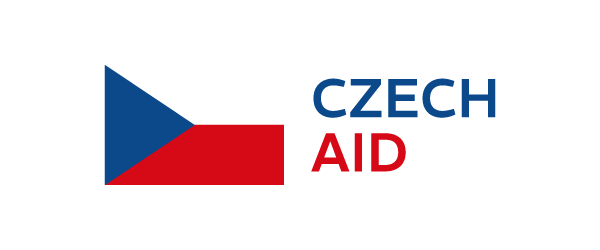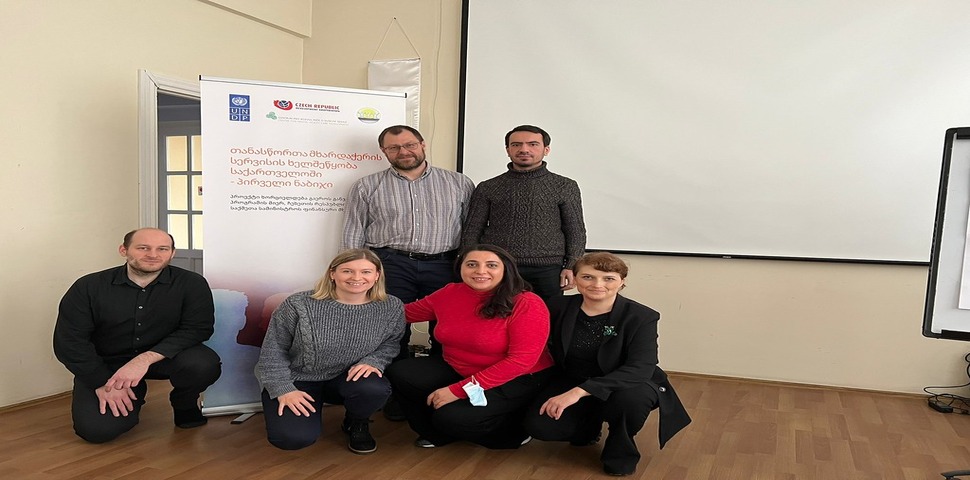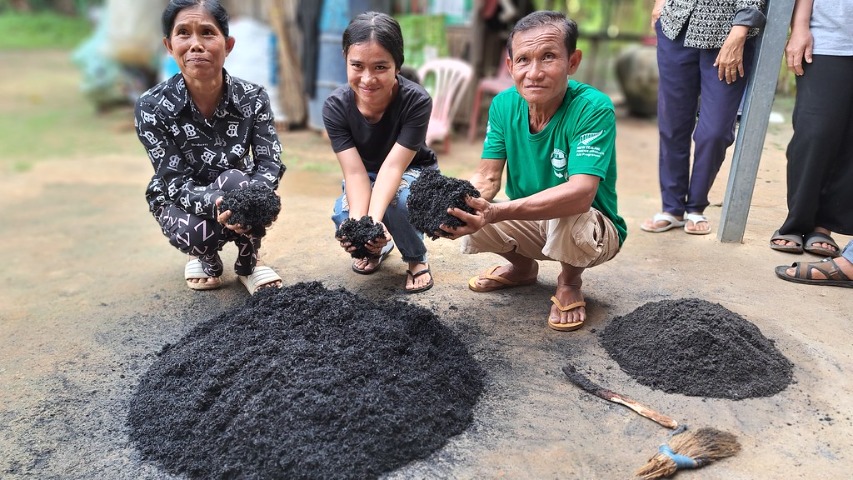How difficult is the journey from tea leaves to a cup during the COVID-19 pandemic? And what are the current conditions and the future potential of Georgian tea production?
Petr Sič is one of the innovators that succeeded in the autumn 2020 Challenge Fund call and is currently implementing his project on a sustainable and more efficient tea production in Guria, a region on the Black Sea coast of Georgia. As an expert in tea production, post-production, tea trading and marketing, Petr has been cooperating with local families to enhance their capacities and provide them with innovative techniques of tea processing and know-how on environmentally-friendly methods of diversifying their tea portfolios.
However, as for many of our innovators, the recent COVID-19 pandemic and subsequent restrictions forced him to rethink and restructure his project delivery and plans in the region. Read more on how he has he managed to face this issue, albeit a different challenge, and where does he see its positives in an interview below.
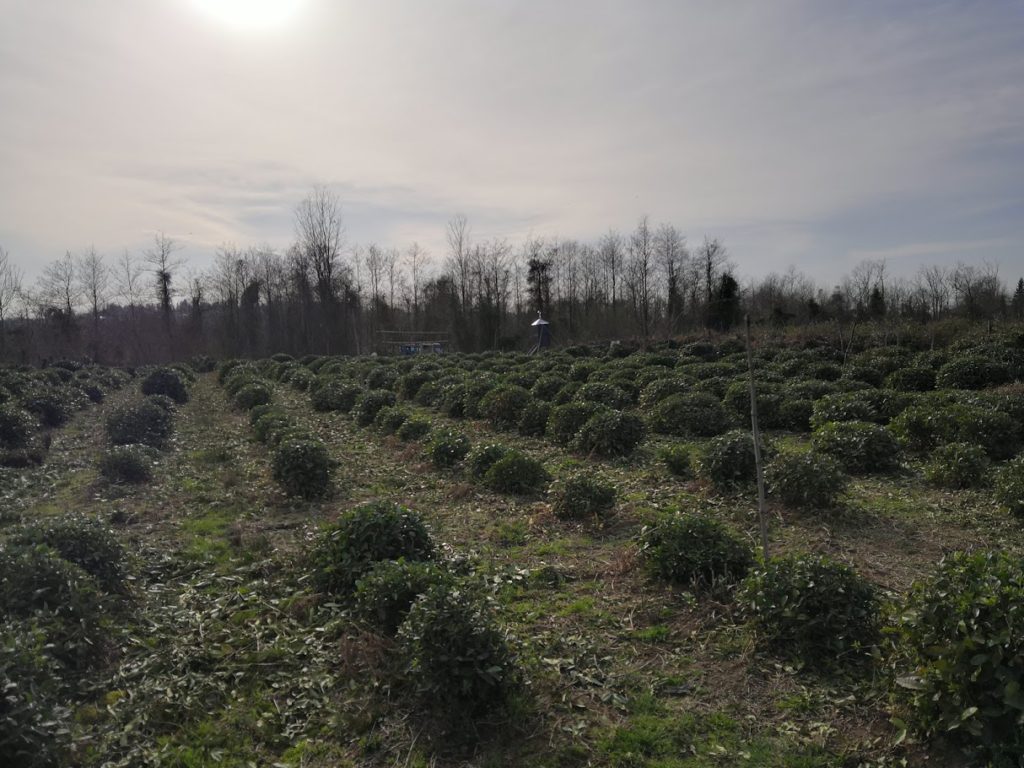
- You run your Challenge Fund project in the Georgian region of Guria. What are the specificities of the region and the country in general when it comes to tea production?
30 years ago, Georgia was the eight biggest tea producer in the world. However, with the fall of communism, the country has lost many of its markets and experienced an economic downturn, leaving many tea gardens completely deserted. When we came to Guria, we were staring at a tea plantation that was totally desolate and overgrown with trees and we had to restore it from scratch.
Guria is one of the regions in which I operate. It has a long tea tradition, but the region continues to be fragmented into small family productions and any efforts to collectively organise, such as cooperatives, have failed. Moreover, it remains one of the poorest regions of Georgia with a high unemployment rate reaching almost 50%. This is further exacerbated by the fact that the majority of workers in the tea production leaves Guria for harvests abroad.
- What type of innovation does your Challenge Fund project bring and how do locals benefit from it?
Georgia is great at black tea production- however, at this moment, black tea is one of the cheapest ones in the market with minimal profits. The fact that the region still adheres to the same production techniques together with the change of demand negatively influences the price of the tea and incomes of local workers.
Our goal is to change this in several ways. Firstly, we are trying to introduce new methods for more effective production, such as lowering electric costs through the recuperation unit that returns part of the energy to the system.
Secondly, the key to success is to expand the portfolio to produce other types of tea. In comparison with some countries in Africa, which focuses on black tea and employ workers with a minimum wage that is several times lower, Georgia lacks the competitiveness and needs to identify its own niche areas. For this reason, we want to introduce production of teas with higher added value and concentrate primarily on quality.
Finally, we aim to spread awareness about ecology and ecological good practices. The use of pesticides and herbicides for tea plantations maintenance presents a persistent issue in Georgia and the society does not consider them to be harmful. Through workshops and capacity-building series, we are trying to show that there are other ecological ways of garden maintenance, such as grazing.
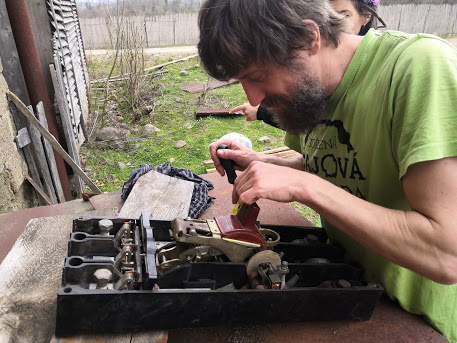
- One of the project phases started just before the outbreak of COVID-19. How did the pandemic influence you and your project?
When I was returning to Georgia at the beginning of March with the whole team and my family, we did not perceive the crisis to be that serious yet. We had experienced the first signs that something was different while crossing the border to Georgia- they measured our body temperature and asked us in detail about our journey. Everything seemed to be fine after our arrival to Guria, so we hired the workers and started with another project phase. Gradually, however, all local workers stopped coming as they were afraid that we are COVID-19 positive. Furthermore, the host family we were staying with got scared. Things started to move quickly then; borders were closing and my main goal was to get the Czech team and family back home safe and sound, which I thankfully managed in time. Unfortunately, due to this, some construction works, seminars and a workshop on pesticides did not take place and had to be postponed.
During all this time, the Czech-UNDP Partnership team was very accommodating, helpful and keen on finding a solution to this unprecedented crisis.
- What do you think will be a short-term and long-term impact of the pandemic on your project and tea production in the region?
Because of the COVID-19 pandemic, we had to alter some aspects of the project and adapt to the current conditions. For example, we have led one of our workshops online and despite the gathering ban in Georgia and limited internet coverage, it has proven to be a success.
What worries me more, however, is the issue of the market. Big partners in the tea production are cancelling contracts for this year and while we were expecting a 20% growth, we need to get ready for a 30% decrease in the volume of orders. It will be indeed yet another creative challenge to find ways on how to deal with the upcoming consequences of the crisis.
On the other hand, COVID-19 brought new opportunities in terms of workforce. Because the borders with Turkey are closed, seasonal workers from Guria cannot leave for the harvest abroad and we therefore expect retention of quality workforce in the region. I hope that we will be able to create new partnerships and collaborations this season that will last for years to come.
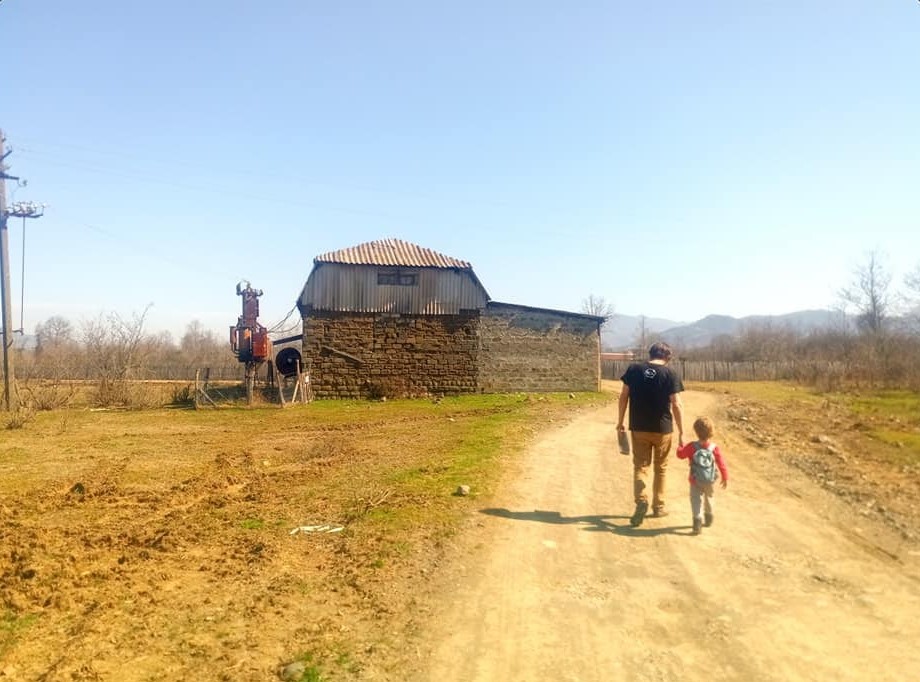
- What is the benefit of the Challenge Fund for you as an innovator?
Our company grows annually by 10-20% and we invest the majority of our funds in equipment. Bigger innovations such as a recuperation unit or entering the market with new products therefore pose a high financial risk that we normally cannot afford. Thanks to the Challenge Fund financial award, this risk is minimised and we can move our project forwards and fulfil its potential. The contribution is even more significant in countries such as Georgia, where this funding can make a huge difference. I am very grateful to the entire Challenge Fund team for their approach, quick communication and understanding throughout all project phases and especially in this difficult period.
You can learn more about the project here.
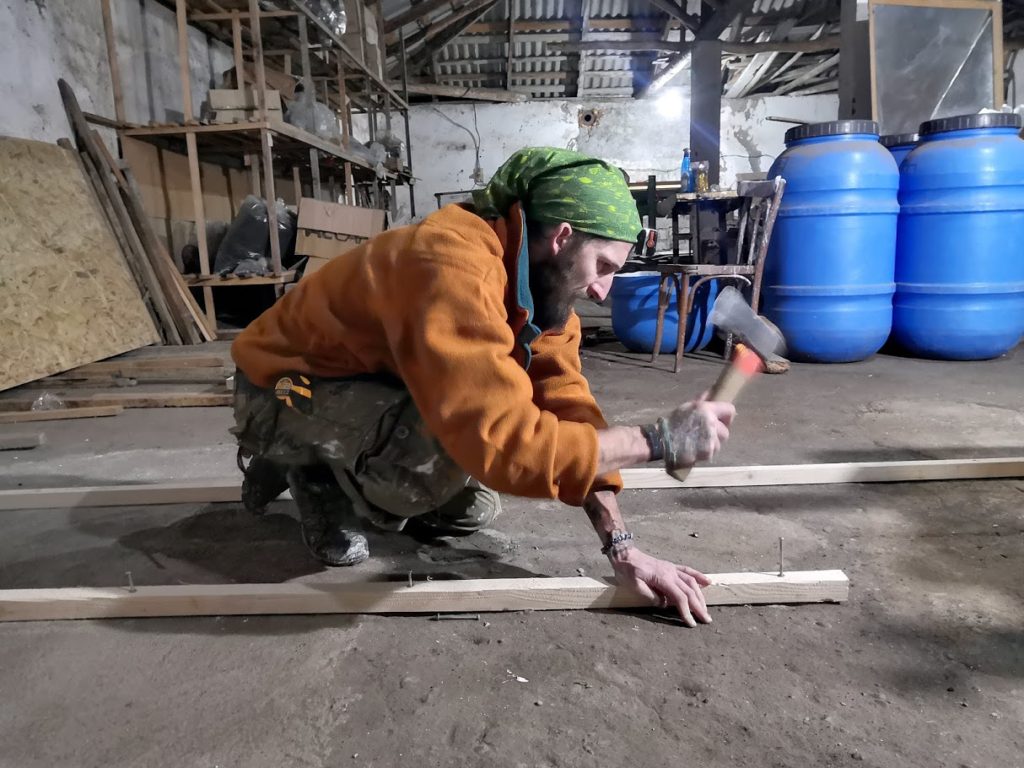
Reconstruction of the working space in Kvenobani 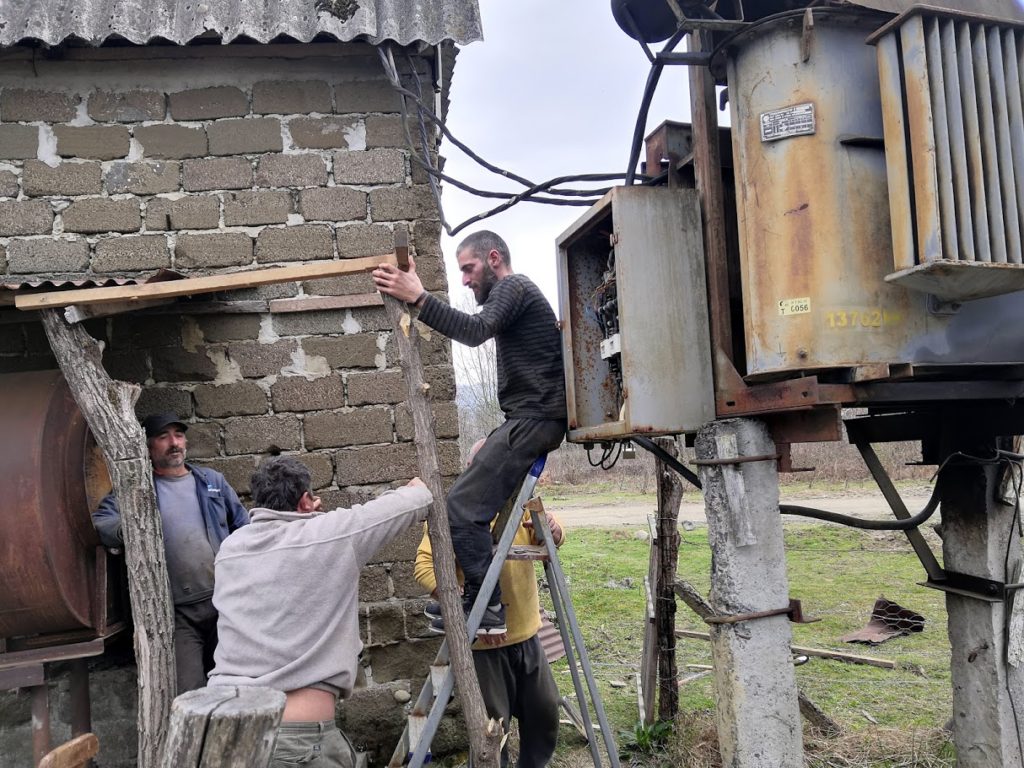
Preparatory work for the installation of the recuperation unit 
Reconstruction of the work space in Kvenobani
